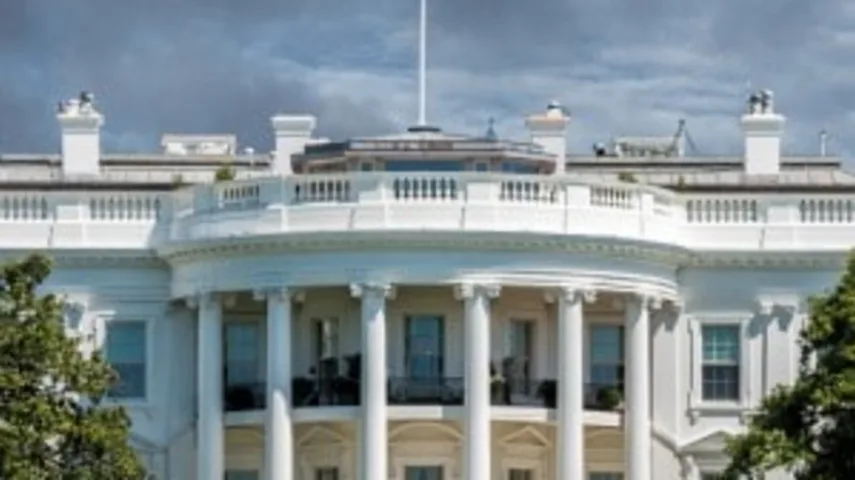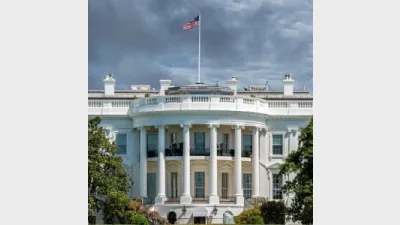No major sell-off after inconclusive US election result



Although the US election results are still to be fully determined, the expected selloff has not arrived, according to Chris Beauchamp, chief market analyst at IG.
Following this, there was some volatility following the overnight highs in US futures, but this dip was rapidly bought, showing that perhaps it was the just existence of the election rather than concerns about its outcome that was holding a wave of buying in check, he said.
Also, during the mid-morning trading the FTSE 100 was 14 points higher, as investors took stock of the inconclusive US election result.
“Once more, polls have proven to be rather wide of the mark, and the focus on a possible ‘blue wave’ has been shown to be a complete red herring,” Beauchamp noted.
“The bigger problem now is that a new fiscal stimulus is now very unlikely in the foreseeable future, given the potential for extended legal action in coming weeks before a winner emerges, and even then we can look forward with trepidation to the president (whoever that is) having to battle lawmakers to get a stimulus bill through.
“The week is not yet over of course, and while the focus on the count in various states continues, we also start off the run into non-farm payrolls with today’s ADP report, and this will be followed up by the Bank of England and the Fed tomorrow, both of which could be interesting given the need for central banks to do more.”
Recommended for you
Australian equities manager Datt Capital has built a retail-friendly version of its small-cap strategy for advisers, previously only available for wholesale investors.
The dominance of passive funds is having a knock-on effect on Australia’s M&A environment by creating a less responsive shareholder base, according to law firm Minter Ellison.
Morningstar Australasia is scrapping its controversial use of algorithm-driven Medalist ratings in Australia next year and confirmed all ratings will now be provided by human analysts.
LGT Wealth Management is maintaining a neutral stance on US equities going into 2026 as it is worried whether the hype around AI euphoria will continue.












